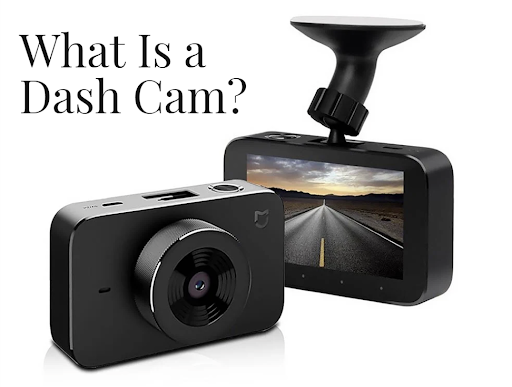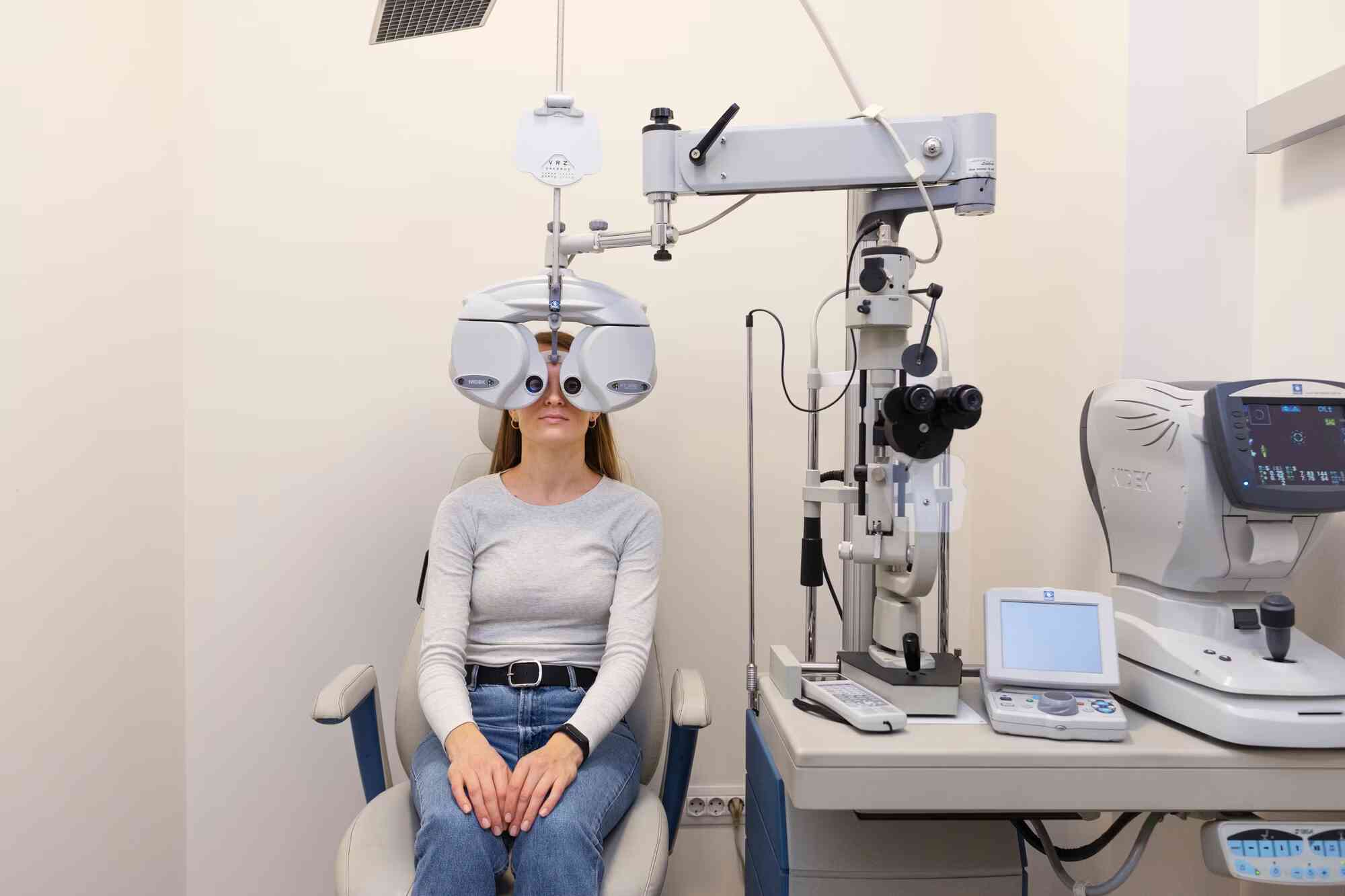Investing in a 4K dash cam is a wise decision, considering the hazards of the road. With millions of car accidents occurring every year, even responsible driving cannot account for the actions of other drivers, unexpected traffic stops, or fraudulent insurance claims. Therefore, having a dash cam as a second set of eyes on the road can provide added security and peace of mind while driving.
But with so many 4K dash cams on the market, it can be overwhelming to choose the right one. In this article, we’ll discuss the key features to look for in a 4K dash cam for your vehicle, whether you’re looking for a dashboard camera for your car or a fleet dash cam for your truck.
What Is a Dash Cam?
Have you ever wondered what a dash cam does? Essentially, it’s a device that records your driving activity while on the road. These recordings can come in handy, particularly when you need to prove fault in an accident or monitor a teenager’s driving habits. Dashcams are becoming more affordable and user-friendly, making them accessible to all.
Key Features to Look for in a 4K Dash Cam for Your Vehicle
Video Quality
When choosing a 4K video dash cam, video quality should be at the top of your priority list, whether you need a dash cam front and rear or a wireless dash cam.
The quality of the footage can make all the difference in the event of an accident or incident. Here are the key factors to consider when evaluating the quality of a 4K dash cam:
Resolution
When you’re in the market for a camera, one of the first things you’ll probably come across is the resolution. The resolution indicates the number of vertical pixels in an image, and it’s an essential factor in determining a camera’s image quality.
For instance, a 1080p camera has 1,080 pixels vertically, a 1440p camera has 1,440 pixels, and a 2160p camera has 2,160 pixels. As a rule of thumb, more pixels equals better image quality.
We advise you to choose a camera with at least 1080p resolution, but if you have the budget, a higher resolution, like 4K, is the way to go.
Frame Rate
Frame rate refers to the number of individual frames that make up the video per second. The video will be smoother with a higher frame rate. Look for a dash cam with a frame rate of at least 30 frames per second (fps), although 60 fps is even better. A higher frame rate can make a significant difference when capturing fast-moving objects like another car or a pedestrian.
Night Vision
Night vision is a crucial feature for a dash cam, especially if you frequently drive at night or in low-light conditions. Look for a dash cam with infrared lights that can illuminate the road ahead, allowing the camera to capture clear footage even in complete darkness.
Some dash cams also have advanced night vision features, such as WDR (wide dynamic range) and HDR (high dynamic range), which can further enhance image quality in low-light situations.
Wide-Angle Lens
A wide-angle lens can capture an expansive field of view when you want to see the entire accident or incident site. Although some models might have even broader lenses, look for a dash camera with a wide-angle lens of at least 140 degrees.
Make sure to select a lens that strikes the proper balance between field of view and image quality because a wider-angle lens may cause some distortion around the edges of the image.
Storage Capacity
You want to ensure that your dash cam can store enough footage to capture any incidents or accidents while you’re driving. Whether using a cloud dash cam or a dash camera for the car.
Storage Type
There are two storage types for dash cams:
- internal memory
- external memory
Some dash cams have built-in storage, while others require an external MicroSD card. The amount of storage you need depends on how often you drive and how long you want to keep your footage.
Most dash cams have at least 4GB of built-in storage, but you may want more if you want to store several days’ worth of footage. If your dash cam requires a MicroSD card, check the amount of storage it supports.
We recommend getting a card with at least 64GB of storage to ensure you have enough space to record your footage.
Loop Recording
Loop recording is a feature that allows the dash cam to overwrite old footage once it runs out of space. This useful feature ensures your dash cam is always recording, and you don’t have to worry about manually deleting old footage to make room for new footage.
Look for a dash cam with loop recording, and ensure that the length of the recording loop is adjustable so you can customize it to your needs.
Parking Mode
The parking mode function on your dash cam keeps recording while your car is parked and off. This feature can be particularly helpful for keeping an eye on your automobile while it is parked and recording any accidents that might happen while you are not using it.
Make sure your dash cam has enough storage to accommodate parking mode, though, as it can consume a lot of space.
Additional Features
Here are some of the key additional features to consider.
- GPS Tracking: This feature can be beneficial in case of an accident or theft and can also help you track your driving habits and routes.
- Wi-Fi Connectivity: This feature makes viewing and sharing footage easy, as well as adjusting settings and updating the firmware.
- G-Sensor: A G-sensor is a built-in accelerometer that detects sudden changes in motion or impact. When the G-sensor detects a sudden change in motion or impact, it automatically saves the footage before and after the incident to a separate folder to prevent it from being overwritten.
- Audio Recording: This feature can be useful in cases of an incident where audio can provide additional contexts, such as road rage or verbal altercations. However, it’s important to note that audio recording laws vary by state and country, so make sure you know the legal implications before using this feature.
Dash cams with GPS tracking, Wi-Fi connectivity, and G-sensors are available in both wireless cameras and dash cams for trucks.
Installation and Maintenance
After you’ve chosen the 4K dash cam that fits your needs, the next step is to install and maintain it properly. Here are some tips to help you with the installation and maintenance process:
Mount Types
Dash cams come with different mounts, including suction cups, adhesive, and clip mounts. Suction cup mounts are easy to install and remove, while adhesive mounts provide a more permanent installation.
Power Options
There are two main power options for dash cams:
- Battery-powered: Battery-powered dash cams are easier to install but require regular charging.
- Hardwired battery: Hardwired dash cams are connected to your car’s power source and turn on and off automatically with your vehicle.
Maintenance Tips
Keep the lens clean and free of debris, and regularly check the mounting to ensure that it’s secure. Additionally, check the storage capacity regularly and format the memory card periodically.
Replacement Parts
Dash cams may require replacement parts over time, such as a new mounting bracket or power cable. Make sure that replacement parts are available for your specific dash cam model.
Cost and Value
It’s crucial to consider both the price and the product’s value when making a 4K dash cam purchase. The following guidance can help you make an informed decision:
-
Price Range
4K dash cams can range in price from around $50 to several hundred dollars. Consider your budget and the features that are most important to you when determining your price range.
-
Comparing Features and Cost
Consider factors such as video quality, storage capacity, and additional features such as GPS tracking and Wi-Fi connectivity.
-
Warranty Options
A longer warranty period can provide peace of mind and protect your investment if any issues arise.
-
Choosing the Best Value
The best value for a 4K dash cam is one that provides the features and performance you need within your budget. Consider reviews and ratings from other customers to help you make an informed decision.
Final Thought
A 4K video dash cam can be a valuable investment for any vehicle owner. When choosing the right one for you, it’s important to consider the video quality, storage capacity, additional features, installation, maintenance, cost, and value.
By taking the time to research and compare different options, you can find a 4K dash cam that provides the peace of mind and security you need while driving.










